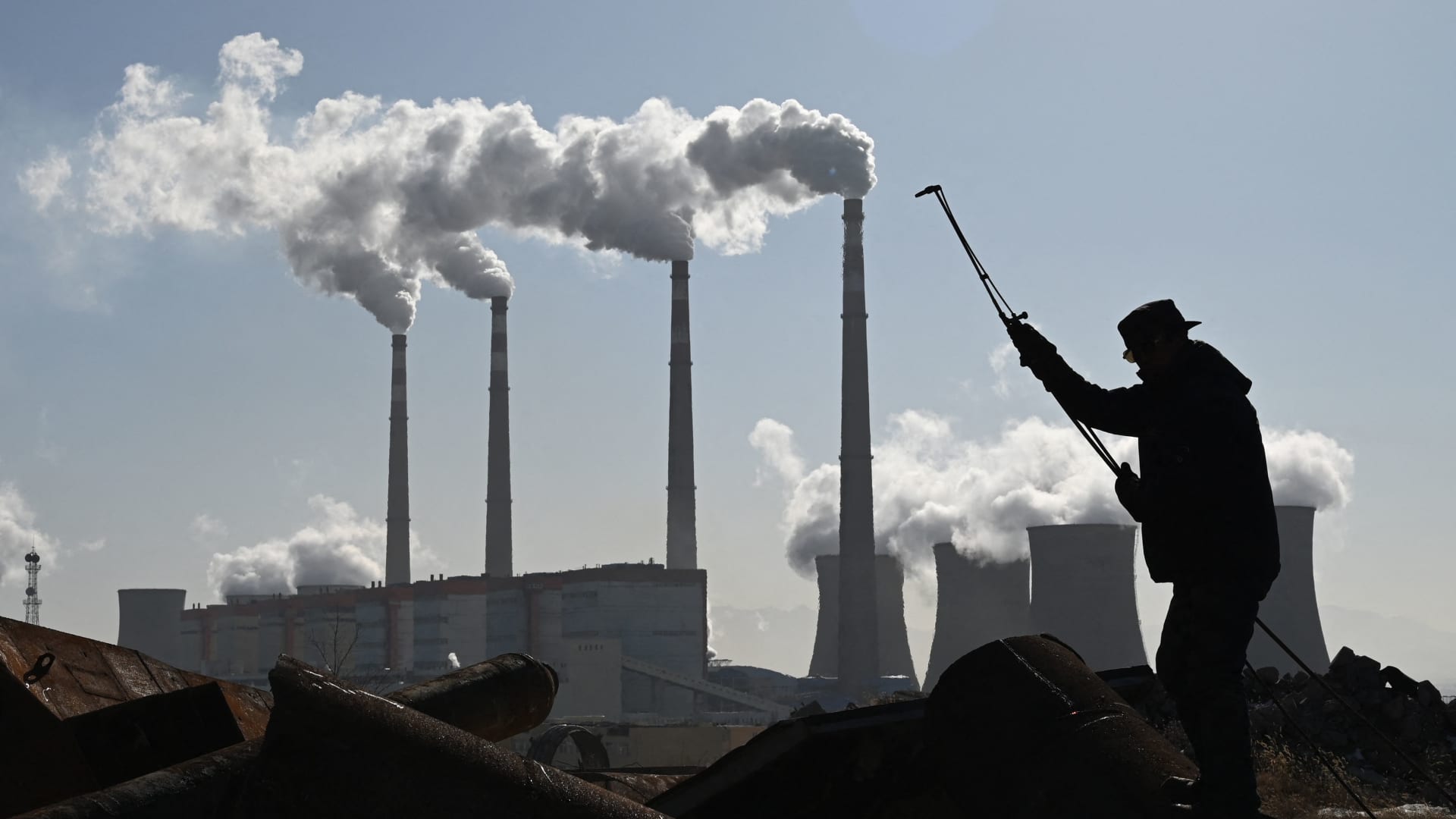China changed the world’s energy system — and is set to do so again as a peak in demand for fossil fuels nears, according to the International Energy Agency’s Executive Director.
Fatih Birol said that there was one country behind the substantial increase in global fossil fuel consumption over the last decade: China.
“China changed the global energy system in the last 10 years. And China itself is changing now,” he told CNBC’s Julianna Tatelbaum on Tuesday. “[The] Chinese economy is slowing down and … rebalancing, restructuring.”
He described this as one of two “important drivers” behind the IEA’s belief that global demand for fossil fuels will peak by 2030. The comments come after the IEA published its World Energy Outlook 2023, a major report on the global energy system.
According to the analysis, demand for oil, coal and natural gas is on course to peak before the end of this decade, with fossil fuels’ share in the world’s energy supply dropping to 73% by the year 2030 after being “stuck for decades at around 80%.”
In relation to China, the IEA’s report describes it as accounting for “more than 50% of global energy demand growth and 85% of the rise in energy sector CO2 emissions” in the past decade.
Echoing Birol’s remarks, it goes on to note that change is coming. “As far back as 2007, China’s then Premier warned that ‘the biggest problem with China’s economy is that growth is unstable, unbalanced, uncoordinated and unsustainable’,” it said.
“This rebalancing could have substantial impacts on the outlook for China’s energy sector, and given China’s size, for the world too.”
China’s economy is now shifting away from its previous reliance on industries such as steel and cement production, as well as railways and infrastructure, Birol told CNBC, adding: “They are all in a decline.”
“So China’s demand for fossil fuels will be much less than [the] last 10 years,” he added. “And this is the second driver [as to why] we believe that we will see the fossil fuel peak this decade.”
The other major driver behind the fossil-fuel peak is clean energy, according to Birol, including the increasing popularity of electric cars and the growing importance of renewables in electricity generation.
Birol is not alone in highlighting a major potential shift in China’s relationship with fossil fuels.
During a recent energy conference, Fereidun Fesharaki, chairman of Facts Global Energy, predicted that China’s demand for oil will peak in the next three to five years.
—CNBC’s Lee Ying Shan contributed to this report
